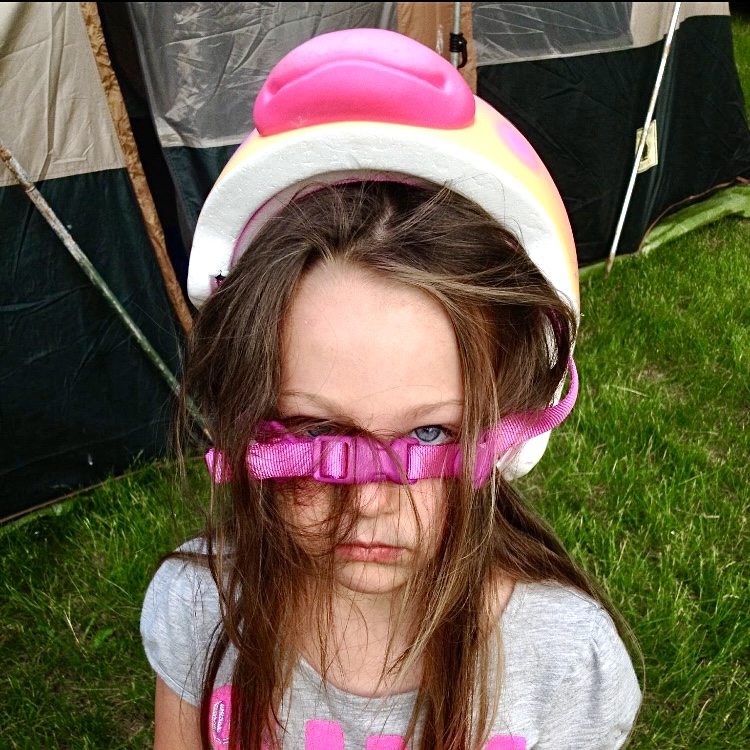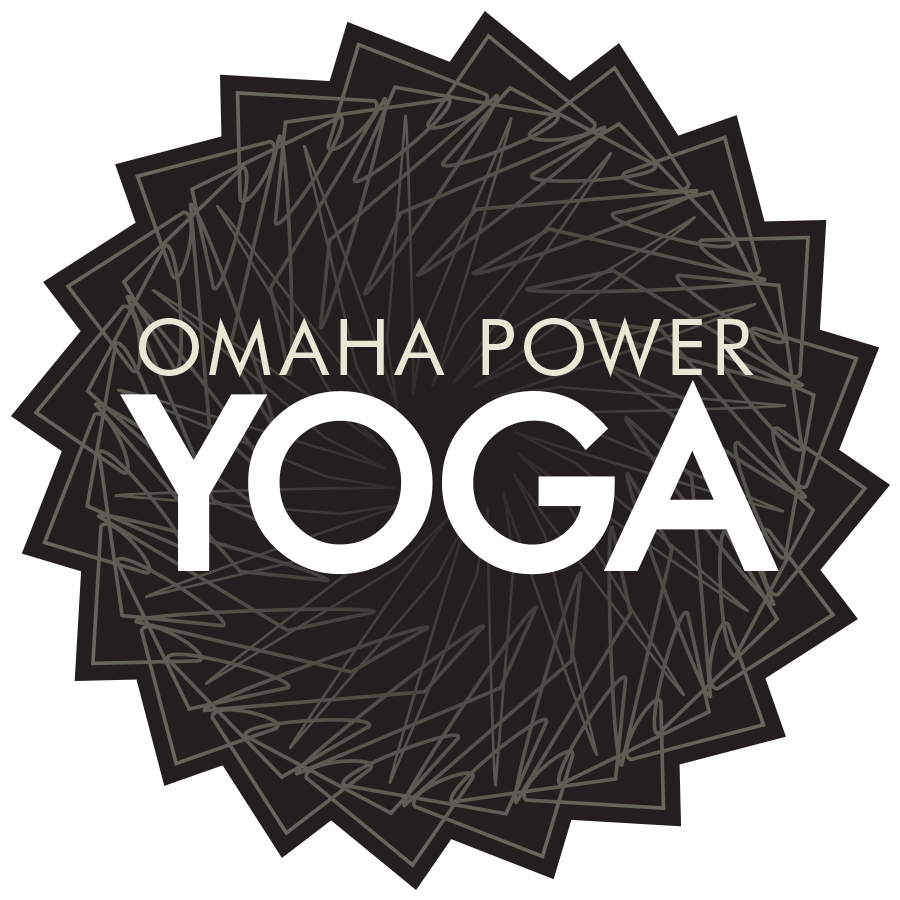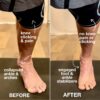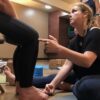
What do you mean I’m disconnected from my body?

Sometimes our emotions intensely register and our expressions speak them loud and clear! (my daughter at age 6 stuck in her bike helmet & not happy about it)
To say “I’m disconnected from my body” sounds absolutely absurd, right?! I mean, come on… my brain is inside my head, my head is attached to my body, and I’m walking around in this meat suit. So, there’s no possible way I’m not connected to my body!
You’re right, it sounds nuts…. and just because something sounds completely crazy, doesn’t make it untrue!
Believe it or not, we can, and do, disconnect from our bodies.
Typically as a protective response, our brains can disconnect the “registering” of emotions and physical sensations, which can be helpful in making it through a tough situation.
Unfortunately, the parts of the brain needed to perceive sensations and emotions, don’t always come back online after a threat has passed. This deadens our sense of self, impairs our perception of reality, and makes for some serious struggles in living.
A psychologist once asked Bessel Van der Kolk, PhD (founder and medical director of the Brookline, MA Trauma Center), ‘When will my [talk therapy] patient be ready for yoga?’
Dr Van der Kolk replied, ‘You have it backwards! Your patient needs the yoga to reconnect to their feelings so they can effectively explain what they’re experiencing.’
We’ve seen countless physical therapy patients and yoga students unable to engage a specific muscle, feel a body part, or connect to an emotion. It’s also possible to feel something physically that isn’t actually present. You’ve heard of phantom limb syndrome, where pain is felt in a limb that doesn’t exist?
“Sometimes we use our minds not to discover facts, but to hide them…
the screen partially removes from the mind the inner states of the body, those that constitute the flow of life as it wanders in the journey of each day.” ~ Antonio Damasio
In order to change anything, we have to first be aware of it.
Like being able to notice subtle messages (sensations) in the body, before they turn into screams or an abrupt stop.
Or being able to recognize our emotional response, and how it helps or escalates a situation.
Or notice how basic needs (like hunger or tiredness) contribute to our mood, our speech, and our actions.
So, how do we become more self-aware?
The same way we improve at anything… we practice.
“Simply noticing ourselves fosters self-regulation.” ~ Dr. Van der Kolk
…and you may have witnessed or directly experienced the need for an uptick of self-regulation in our collective world.
Here is a handful of practices to get you started:
- Pause what you’re doing, and notice what each of your five senses are taking in at that very moment.
What do you smell? What do you hear? What do you taste? How does your clothing or the temperature of the air feel on your skin? What do you see (whether your eyes are open or closed)? - Focus on every detail of what it feels like to breathe.
Your belly, ribs and shoulders move. The soft breeze of air entering the nose. Warmth across your upper lip or nose as you exhale. Your face muscles, ears and scalp relaxing. Your mind settling. - Take a “selfie MRI.” Scan your body starting at your toes, and notice each and every part and the sensations happening there.
- Notice the physical feels of a thought. Rest your attention with a word (gratitude, joy, relief) or phrase, and notice where in your body you feel it, and what, specifically, are the sensations (warm, cold, light, heavy, tingly, dull, flowing, contracted).
“In our response, lies our growth and freedom.” ~ Viktor Frankl
If you need individual or community support, come see us…
Increase self-awareness and strength at Omaha Power Yoga – learn more here.
Trinity Physical Therapy connects body + mind + emotion to heal – learn more here.
Find more helpful articles and videos from OPY here.

 OPY is a safe space full of amazingly strong people…doing their own work, together.
OPY is a safe space full of amazingly strong people…doing their own work, together. 

